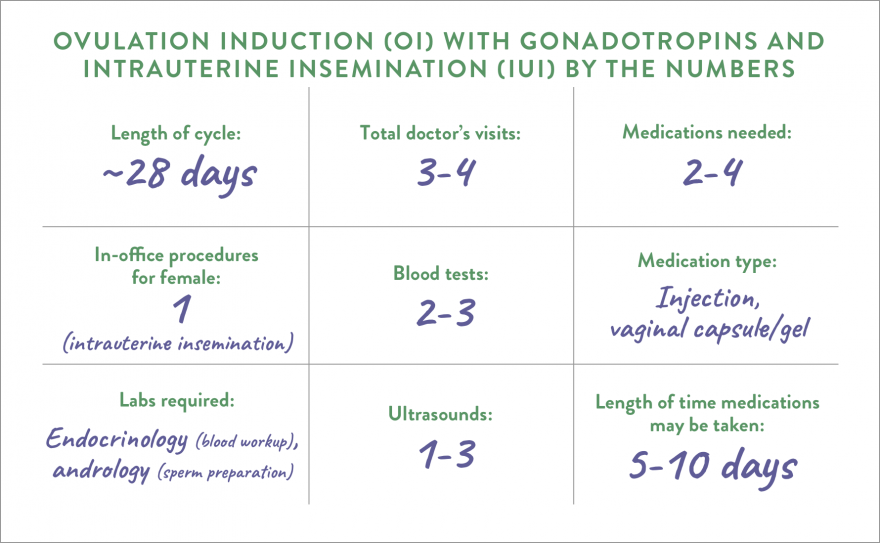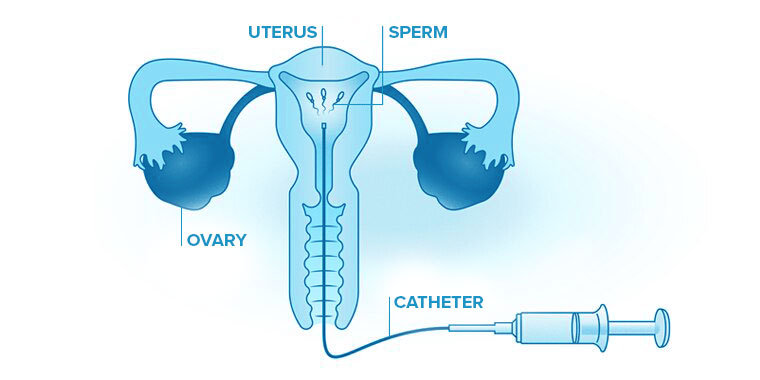HOW SUCCESSFUL IS IUI?
How well IUI works depends on the reasons for your infertility. People with unexplained infertility, cervical abnormalities, or ejaculation problems typically have the best success. For infertility that has no known cause, pregnancy rates may double with IUI compared with no treatment at all. Treatment is also more successful when used in combination with OI medications.
Just like fertility, IUI cycles are usually less effective as a woman gets older. According to a 1998 study of the outcomes of 9963 consecutive IUI cycles, IUI resulted in pregnancy in approximately*:
- 11.1%-18.9% of women under 40 years
- 4.7% of women 40 to 45 years
- 0.5% of women over 45 years
Fertilization can be difficult to achieve. If IUI doesn’t work right away, it doesn’t mean that pregnancy won’t ever be possible. It may take more than one round of IUI to conceive successfully.
IUI is less expensive and less invasive than in-vitro fertilization (IVF), but pregnancy rates are also lower. A fertility doctor can advise how many cycles are best for you before considering a different fertility treatment.
*Starosta A, Gordon C, Hornstein M. Predictive factors for intrauterine insemination outcomes: a review. Fertility Research and Practice. 2020;6(23). Stone B, Vargyas J, Ringler G, et al. Determinants of the outcome of intrauterine insemination: Analysis of outcomes of 9963 consecutive cycles. J Obstet Gynecol. 1999;180(6):1522-34.







